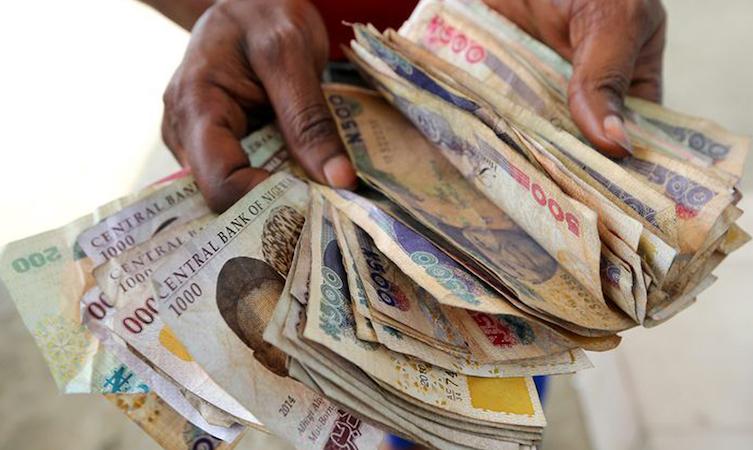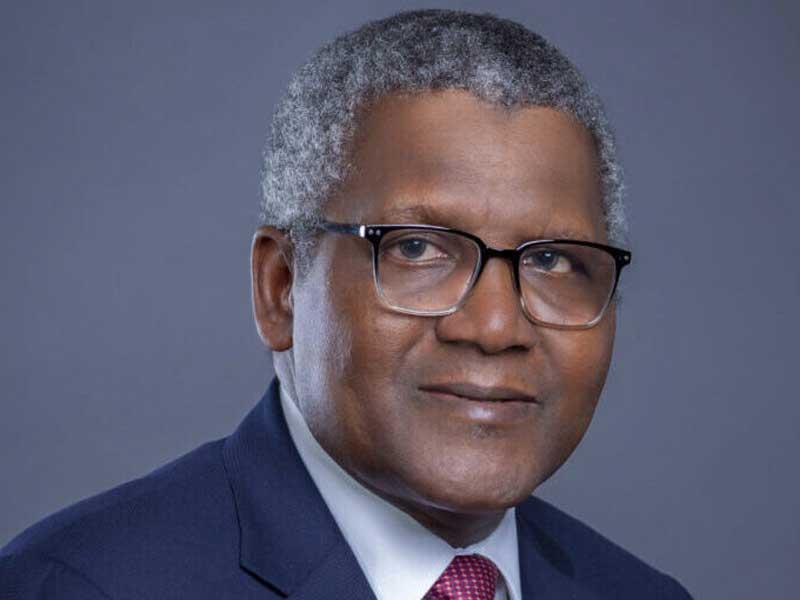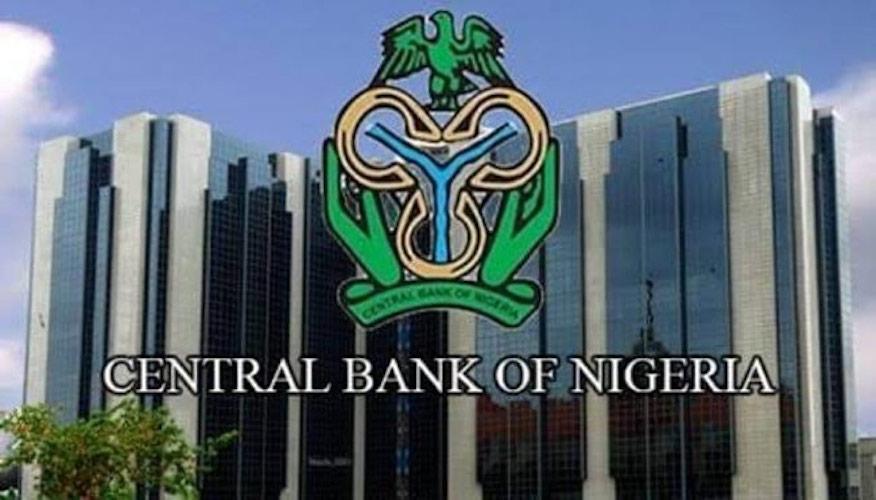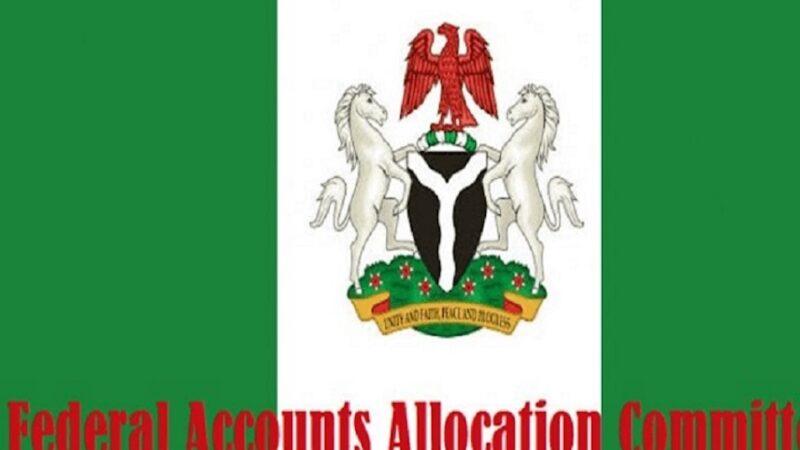James Emejo in Abuja, Dike Onwuamaeze and Nume Ekeghe in Lagos
Economic analysts have called on the federal government to develop measures to stimulate local production capacity and be cautious in increasing the Value Added Tax (VAT) as inflation drops to a three-year low.
The Consumer Price Index (CPI), which measures inflation, maintained a downward trajectory to 11.02 per cent (year-on-year) in August compared to 11.08 per cent in July, according to the National Bureau of Statistics (NBS).
The latest CPI data showed that inflation fell to its lowest in three-and-a-half years, a level last seen in February 2016.
Analysts who spoke to THISDAY said the marginal decline in the headline index notwithstanding, a lot still needed to be done to grow the economy.
However, the disinflation continued despite several policy pronouncements on restrictions on the import of some food items, minimum wage as well as the recent border closures.
The NBS, in the CPI report for August, released yesterday, said: “The border was only closed 20 August 2019 with only 11 days of 31 days for any significant impact to be felt either way on prices.
“The inflation rate is also the average prices for the whole month and not only the price of goods and services in the last few days of the month.
“Furthermore, the harvest season and existing weak consumer demand and their natural effect to slow down food and other prices will also play a major role in determining the direction of inflation.
“Against this backdrop, in August 2019, all major indices slowed except urban inflation year-on-year.”
The 0.06 per cent drop in inflation was facilitated partly by food inflation, which dropped to 13.17 per cent in August compared to 13.39 per cent in the preceding month.
The food index was moderated by muted increases in prices of oils and fats, meat, bread and cereals, potatoes, yam and other tubers and fish.
However, given the continuous stability in the exchange rates, core inflation, which excludes the prices of volatile agricultural produce, also dropped to 8.68 per cent within the reviewed period; down by 0.12 per cent when compared with 8.8 per cent in July, the NBS stated.
According to the NBS, the highest increases were recorded in prices of cleaning, repair and hire of clothing, repair of household appliances, hospital services, glassware, tableware and household utensils, passenger transport by air and repair and hire of footwear.
Inflation had dropped in January 2019 when it declined to 11.37 per cent from 11.44 per cent in December in 2018.
The headline index further reduced to 11.31 per cent in February and 11.25 per cent in March but resorted to the upward trajectory in April when it climbed to 11.37 per cent- and further to 11.40 per cent in May- before falling to 11.22 per cent in June, 11.08 per cent in July and 11.02 per cent in August.
The deceleration in inflation will even provide greater reprieve for the Central Bank of Nigeria (CBN), which had set an inflation target of between 6 to 9 per cent but had been struggling to contain its rise in recent times.
A further disinflation can provide the apex bank sufficient leverage to tinker with the monetary policy rate to stimulate the real sector.
Shedding light on the new data on inflation, Chief Executive of Global Analytics Company, Mr. Tope Fasua, told THISDAY that there was nothing much to cheer about the slight reduction in inflation and urged authorities to concentrate efforts at pursuing a double digit growth target.
He said: “It’s important to prise through headline inflation to decipher the components. Usually food inflation is high in Nigeria and closed at 13.39 per cent last quarter and that is the driver of our inflation.
“A reduction of 0.06 per cent in headline inflation is not significant cause for cheer and certainly not enough impetus for a reduction in policy rates.
“However, my take remains that a developing economy should be more ambitious in terms of growth and productivity and not begin to set goals like plateaued economies.
“Inflation is therefore not our big problem but growth. A GDP growth rate of 1.95 per cent in the face of 2.8 per cent yearly growth rate in population is a disaster therefore and we must do everything to target double digit GDP growth rate for a sustained period.”
Also, former Director General, Abuja Chamber of Commerce and Industry (ACCI), Dr. Chijioke Ekechukwu, said: “We should just make concerted efforts to ensure that factors that may increase prices of goods and services are avoided.
“These factors include tax or VAT rate increase, petroleum products prices, power and energy bill increases, exchange rate increases etc.
“Local production capacity should be improved upon and investment of both foreign and local should continue to be enhanced.
“The marginal decline in headline inflation to 11.02 per cent from 11.08 per cent is only indicative that we can gradually achieve the projected single-digit inflation rate before the end of first quarter of 2020.
“Much as the rate of decline is marginal, the impact may hardly be felt in the consumer market space. It is therefore, not yet uhuru. CBN may not need to reduce rates in the circumstance just by this insignificant decline in inflation rate.”
Also, a Senior Lecturer at the Lagos Business School, Dr. Bongo Adi, said: “While we are looking at the positive side, we also have to look at other sides. The truth of the matter is that the purchasing power of people has been affected too much and what happens when there is a fall in aggregate demand? A fall in aggregate demand will trigger a forced reduction in the prices of goods and services.
“So, if you look at it from the per capita income of people, what you would observe is that there is a huge depression on the capital income of the generality of Nigerians. So what it means is that, yes; inflation is going down, but it is not because there is increased productivity or increased income; the reason is simply because purchasing power has been drastically reduced.”
On his part, Head Research United Capital, Mr. Wale Olusi, said there was no surprise in the drop in inflation.
“I don’t think there is any surprise; there is a lot of harvest and there is a lot of stability in the forex energy environment and increase in food harvest supported by a sustained moderation in headline rate, month-on-month inflation also slightly below one per cent as against the previous month.
“Going forward in September, we think things might change because all this thing about government closing Seme border and its impact on food prices like we have heard over the last couple of weeks, these are things that might affect the trajectory of prices in September,” he stated.
Speaking on the outlook for inflation, the Head Research Agusto & Co, Mr. Jimi Ogbobine said Nigeria might experience inflationary pressures going into 2020.
He identified inflation drivers by then to include the minimum wage, which would put pressure on prices and a hike in electricity tariff that would affect the energy component of the core index.
“It is advisable for the central bank to rein in inflation ahead of these price pressures in the offing,” he added.
In his contribution, Professor of Finance at the University of Lagos, John Emeka Ezike, said it would take only increased economic activities and sustained productivity to maintain the present level of seemingly favourable inflation the country is witnessing now.
An economist and Chief Executive Officer of Treasure Capital and Trust Limited, Mr. Tom Achoda, asked the CBN to evolve a monetary policy that would enhance productivity in order to maintain the low inflation.
Achoda said the current low trend might be deceptive because it could be an indication of low purchasing power of consumers.





